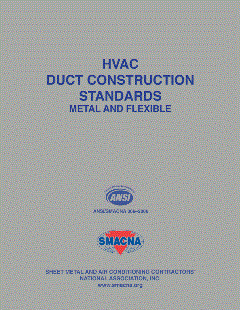Regional Standards Settlement Facts
1. The energy efficiency standard for residential gas furnaces in the Northern Region has been remanded. The DOE will begin the process of assessing a new standard and has agreed to use a more transparent process. It is likely that a new furnace standard will not be established until 2021-2022. Until a new standard is established, a national standard of 80% AFUE is the law of the land.
2. On Jan. 1, 2015 the efficiency standard for central air-conditioners in the South will be 14-SEER. In the Southwest, that standard will be 14-SEER with a 12.2 EER (for 1 to 3.5 tons) and 11.7 EER (for 4 and 5 tons).
3. Distributors in the South and Southwest will have 18 months (July 1, 2016) to sell any inventory of 13-SEER equipment manufactured before Jan. 1, 2015.
4. DOE has agreed not to assess civil penalty upon distributors for violations related to the enforcement of regional efficiency standards for central air-conditioners and heat pumps.
5. DOE will present a proposal for a negotiated rulemaking regarding the enforcement of the regional standard to the Appliance Standards and Rulemaking Federal Advisory Committee (ASRAC). If approved by ASRAC, DOE will attempt to use a negotiated rulemaking as a means to determine an effective enforcement scheme by engaging all interested parties, gathering data, and attempting to reach consensus amongst all stakeholders.
6. DOE agrees to evaluate and assess the usage of the Direct Final Rule process, which was used to establish the Regional Efficiency Standards and was the focus of the lawsuit challenging the standards.








